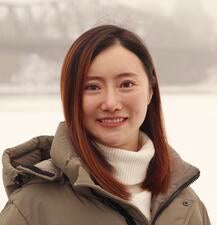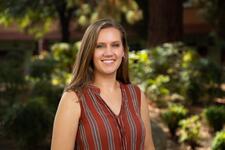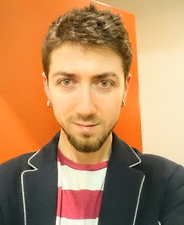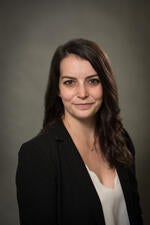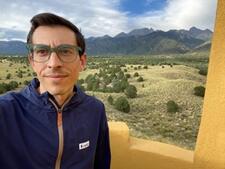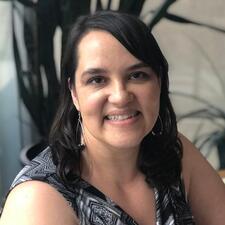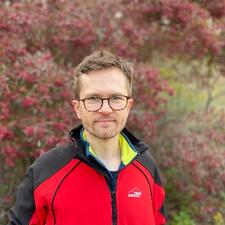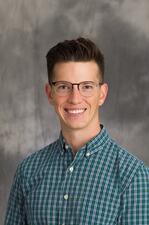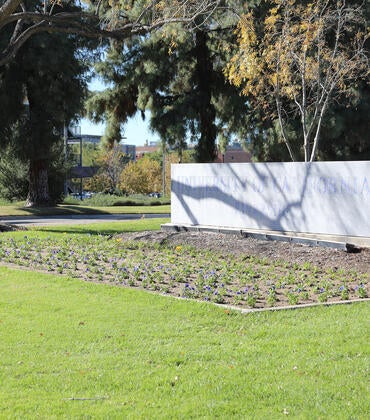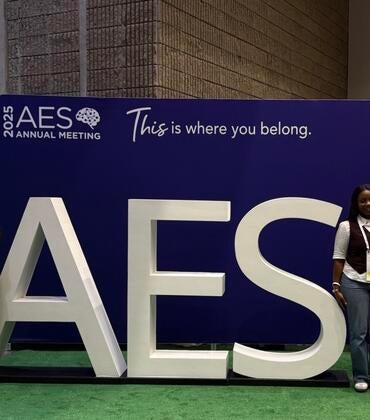Eight UC Riverside assistant professors, whose research spans innovations in computer science to discoveries in Latin American history, have been awarded competitive 2025–26 Hellman Fellowships that support promising early-career faculty on the path to tenure.
The Hellman Fellowship Program provides up to $30,000 in research support to full-time assistant professors who have completed two to four years of service. The awards are designed to bolster research and creative activities that advance scholars toward tenure, with funding eligible for use on equipment, materials, assistants, travel, and salary. The program was launched at UCR in 2011 with a gift from the Hellman Family Foundation.
Fellowship recipients are selected for their scholarly excellence and potential for significant impact in their fields. Preference is given to faculty with strong proposals and limited alternative funding sources.
The recipients are:
Marlan and Rosemary Bourns College of Engineering
Yue Dong, an assistant professor of computer science and engineering, is working to make artificial intelligence (AI) systems more trustworthy, efficient, and controllable. Dong specializes in natural language processing—the backbone of technologies that understand and generate human language, including large language models such as ChatGPT.
Dong earned her doctorate from McGill University and MILA, a Quebec-based AI institute, and has interned at Google, Microsoft, and AI2. At UCR, she leads the Natural Language Processing Group, focusing techniques that make AI models both safer and more responsive.
Her Hellman Fellowship will support continued research in designing AI systems that generate text more responsibly and accurately, addressing challenges in bias, misinformation, and interpretability. Dong’s work aims to ensure that next-generation AI tools are not only powerful but also aligned with ethical and societal needs.
Amanda Rupiper, an assistant professor of teaching in chemical and environmental engineering, is addressing one of California’s most pressing challenges—sustainable water and energy use.
Rupiper, who earned her doctorate from UC Davis, has modeled water system operations to reduce energy use, developed state-level tools to track water loss, and led student teams to national recognition in environmental engineering design.
Her current projects include developing novel biochar-based technologies for ammonia air pollution control, modeling the environmental consequences of emerging contaminants, and studying how students make multi-criteria decisions in engineering and sustainability contexts. With support from the Hellman Fellowship, Rupiper plans to expand her applied research at the intersection of environmental sustainability and engineering education.
College of Humanities, Arts and Social Sciences
Sahin Acikgoz, an assistant professor of religious studies, is a member of the executive committee of the Middle East and Islamic Studies Program. Their research areas include queer and trans studies in Islam, and slavery, gender, and sexuality in Islamic societies. They received a doctorate in comparative literature and LGBTQ studies from the University of Michigan, Ann Arbor.
The Hellman Fellowship supports their book project examining how transness becomes thinkable, nameable, or disavowed within racial, religious, and imperial formations. The project looks at how knowledge takes form under pressure, how concepts like transness and religion are pulled into the logics of legal and medical classifications, and how those logics sometimes fail.
Olivia Atherton, an assistant professor of psychology, aims to understand the associations among personality/individual differences, sociocultural contexts, and health across the lifespan. Her research focuses on populations that are often underrepresented in psychological science, including Latino communities, low income and rural populations, and aging samples from across the globe.
Atherton received her doctorate in psychology from UC Davis. With the Hellman Fellowship, she plans to establish collaborative relationships with Riverside community members and answer research question that inform their health and wellbeing including the barriers that Latino community members face. The research will help develop culturally sensitive, strength-based prevention techniques while also informing local policy on health equity.
John Marquez, an assistant professor of history, is a historian of colonial Latin America and the Atlantic world, with a focus on slavery and freedom in Brazil. Marquez earned his doctorate from the University of Illinois, Urbana-Champaign.
The Hellman Fellowship will support his upcoming book, “Freedom on Three Coasts: Slavery, Law, and Belonging in the South Atlantic World,” which tells the interconnected history of enslaved peoples’ struggles for freedom in Brazil, Atlantic Africa, and Portugal during the 17th and 18th centuries. It reframes the history of freedom in the Atlantic world within the broader aspirations of Africans and their descendants to claim belonging and demonstrates how their experiences were crucial to the formation of the Atlantic world at a time when slavery was becoming entrenched in the Americas.
College of Natural & Agricultural Sciences
Laura Catano, an assistant professor of teaching in the Department of Evolution, Ecology, and Organismal Biology, earned her doctorate from Florida International University, where she focused on marine ecosystems. For more than 12 years, she has taught biology in higher education, with a passion for creating inclusive, hands-on learning experiences that support students from all backgrounds.
With support from the Hellman Fellowship, Catano plans to create a new undergraduate research course in plant ecology, based at the UCR Botanic Gardens. This “living classroom” will give students the chance to undertake real-world ecological research while building skills in scientific investigation, outdoor fieldwork, and data analysis. The project also aims to close gaps in STEM education by providing more students with meaningful, research-based learning opportunities.
Adam Jozwiak, an assistant professor of botany and plant sciences, explores how plants produce chemically diverse natural products that mediate ecological interactions and contribute to crop quality and human health. He specializes in the biosynthesis and evolution of steroid-like compounds, such as 20-hydroxyecdysone (20E), which in insects play a hormonal role, but in plants may shape interactions with their environments.
Jozwiak earned his doctorate from the Institute of Biochemistry and Biophysics Polish Academy of Sciences and completed postdoctoral training at the Weizmann Institute of Science, Israel. At UCR, he leads a multidisciplinary lab using metabolomics, genomics, and evolutionary biology to uncover the genetic basis and ecological function of plant-specialized metabolites.
His Hellman Fellowship will support research to identify the biosynthetic genes responsible for producing 20E in quinoa and investigate how this compound evolved and affects plant–insect and plant–microbe interactions. The project aims to lay the groundwork for engineering crops with enhanced resilience.
William (Bill) Neary, an assistant professor of organic chemistry, leads a research group focused on synthetic polymer chemistry. Polymers are large molecules made by linking together smaller molecules, called monomers, like beads on a string. They form the basis of many everyday materials, from plastics and rubber to clothing fibers.
Neary’s lab explores ways to control polymer structure and function using techniques like mechanochemistry, depolymerization, and organometallic catalysis, with a central goal of advancing sustainable materials through innovative chemical recycling. Neary earned his doctorate from Florida State University.
With this award, Neary will develop a novel approach to editing polymer structures by selectively removing atoms from their molecular backbones. This strategy could lead to materials with unique properties and help pave the way for new methods of polymer upcycling and sustainable design.

